Celebrating the Worldwide Hemp Industry Renaissance
Cannabinoids were a natural part of the human food chain until governments worldwide wiped them out. A profitable explosion of disease and illness followed.
Hemp News, Events and Intriguing Insights
2025 Hemp Industry Events
Hemp Connect Forum: June 25-27, La Trobe University, Victoria
22nd European Industrial Hemp Association Conference: June 11-13, Berlin
Global Hemp Summit: December 11-12 , Lardner Park Victoria
The devastating consequences of Hemp prohibition in 1937
Why do cannabinoids seem to “cure” everything from anxiety to cancer? Because they were once a natural part of the human food chain—until governments worldwide wiped them out.
Before prohibition, dairy cows ate wild hemp loaded with CBD. That CBD ended up in milk.
Pigs, chickens, and other livestock were fed hemp too, so we got cannabinoids from meat, eggs, and dairy without even thinking about it. For thousands of years, humans consumed hemp daily. It was food. It was medicine. It was normal.
Then came 1937.
One by one, nations followed America’s lead, criminalising hemp under pressure from corrupt political interests, pharma giants, and oil tycoons. Feral and cultivated hemp was systematically destroyed. CBD vanished from our diets.
What followed?
A global explosion of chronic disease, mental illness, autoimmune disorders, and unnecessary suffering. Millions dead, billions sick, all because the world bowed to prohibition propaganda built on lies and fear.
This wasn’t about safety. It was about power. And for 80+ years, humanity has paid the price.
Cannabinoids need to be put back where it belongs—in our bodies, in our kitchens, and in our healing.
Dee Mani (FB)
Hemp Was Infrastructure
Notes Left in the Margin of the Flax Registers
By the 16th century, hemp wasn’t an alternative—it was infrastructure. Its fibers formed the rigging, sails, and caulking that kept imperial fleets afloat. Venice, Amsterdam, and London all relied on it, not just as a raw material but as a strategic asset.
Nations passed laws mandating its cultivation. In Elizabethan England, landowners were required to sow hemp or face penalties. Without it, there would have been no naval dominance, no reliable canvas, no global expansion.
Its deeper roots stretch into ritual and subsistence. In ancient China, hemp was used for paper, textiles, and food as early as the Neolithic era. In Vedic India, bhang was consumed in devotional rites to Shiva. Herodotus describes Scythians using hemp smoke in burial ceremonies to induce altered states. Across Eurasia, it served both sacred and practical needs—a staple crop entwined with cosmology, trade, and medicine, not a fringe anomaly.
What changed was not the plant, but the politics around it. In the 20th century, hemp became collateral in regulatory campaigns against cannabis, with the 1937 Marihuana Tax Act in the U.S. effectively outlawing one of agriculture’s most versatile crops. It coincided, not incidentally, with the rise of synthetic fibers like nylon.
What had been common knowledge—that hemp supported economies, industries, and ecologies—was quietly erased from public memory.
Historia Occulta Telegram Channel
The Marihuana Tax Act 1937
The Marihuana Tax Act of 1937 effectively prohibited the cultivation and sale of hemp in the United States by imposing a heavy excise tax on all sales of hemp, which included industrial hemp.
This act, introduced by Rep. Robert L. Doughton and drafted by Harry J. Anslinger, the head of the Federal Bureau of Narcotics, aimed to regulate and restrict the use of cannabis, including hemp.
Hemp cultivation was later briefly revived during World War II for its industrial uses, but federal restrictions continued to limit its production until recent changes in legislation.
Bruce Alan Block
He Was Pro-Pot Until His Job Was In Jeopardy
Before he became commissioner, Anslinger was vocal about his opinion that alcohol (then a banned substance), not cannabis, truly deserved to be banned. When people made comparisons between alcohol and pot, Anslinger opined that “there is no more absurd fallacy” than the notion that cannabis made people violent - a sharp contrast to the opinions he would espouse a few years later.
When the prohibition of alcohol in the United States ended in 1933, the existence of the Bureaus of Prohibition and Narcotics came under threat. Desperate for something to justify the continued allocation of funds for his department, Anslinger realized he needed a new substance to target, and cannabis became his focus.
Article Link: Harry J. Anslinger: The Man Responsible For Banning Cannabis In America - Stephan Roget
Happy Hemp News and Insights
Congratulations Monica - returning to wearing clothing made from natural fabrics instead of plastic and other unhealthy ‘materials’ is the only way forward
Link to read Margaret River Hemp Co article
The following posts have been sourced from various Hemp FB pages
Australian Hemp Council
Via Hemp Building Australasia
Hemp Building Australia
Comment
Ernest Welcker: In addition to helping clean up polluted water, hemp also has the potential for soil decontamination, but has not been widely adopted at Fukushima, Japan, due to legal limitations and the exploration of other phytoremediation options.
Nevertheless, hemp is a known hyperaccumulator and has demonstrated success in absorbing toxins from contaminated soil in several locations worldwide, most notably at Chernobyl, Russia. Industrial hemp was planted at Chernobyl and has been shown to reduce radionuclide soil toxicity.
Hemp Houses
Facts About Hemp
Hemp Project
What happened to Henry Ford's dream 'Hemp Car'?
The Hemp Car's bodywork was made from an artificial composite based on hemp fibres, soybeans, straw and sisal.
But the American car industry collapsed due to the Second World War, and unfortunately, Ford's dream car never went into mass production.
Source: Tartaria & History Channel
Video Link (55 seconds) : What happened to Henry Ford’s dream ‘Hemp Car’?
Until next time. Hemp on.





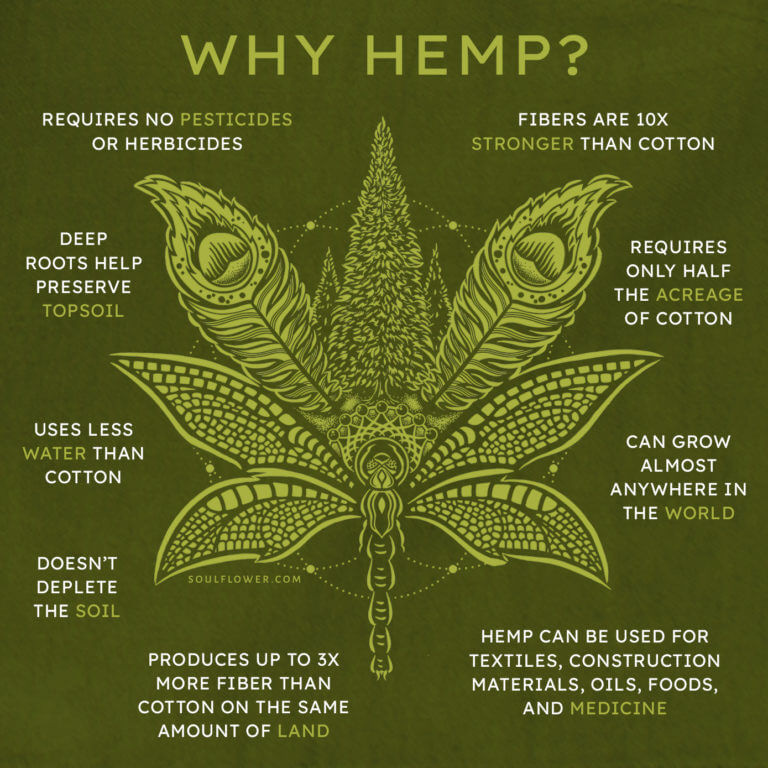
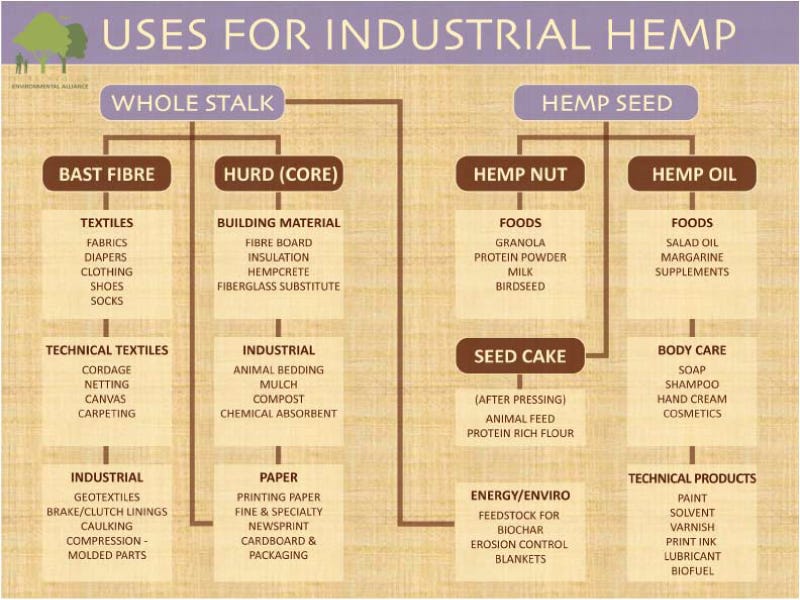
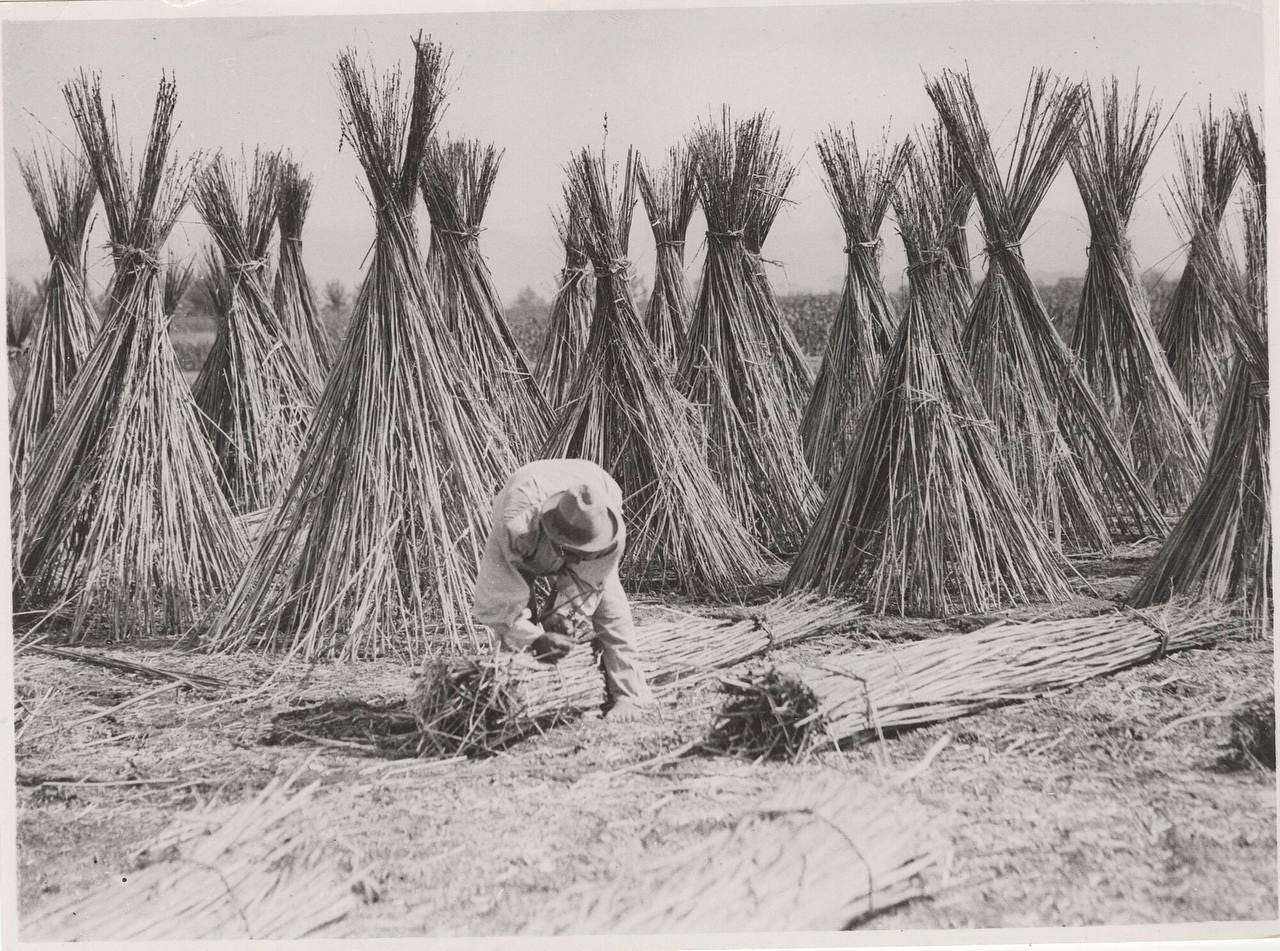
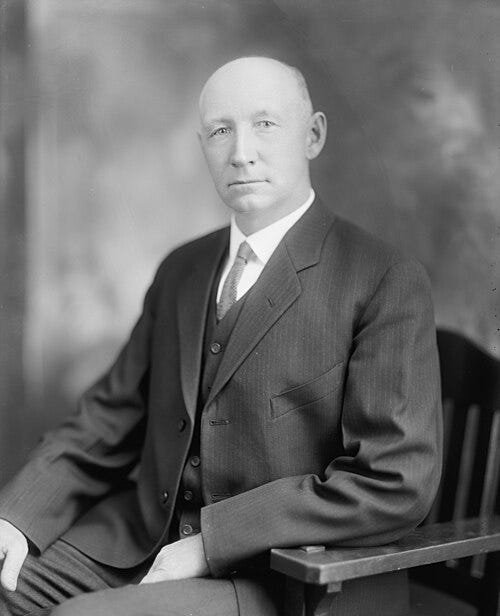
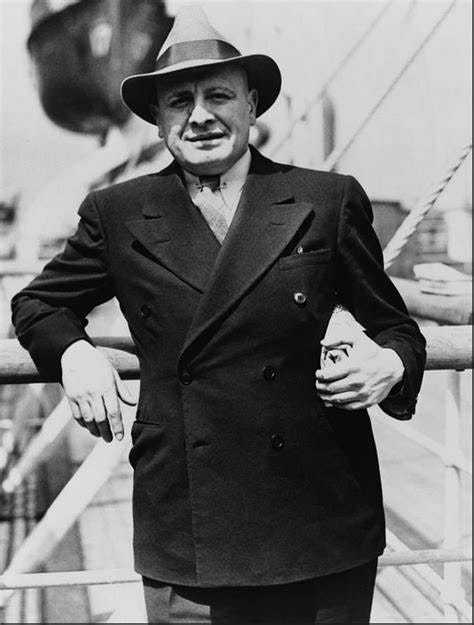
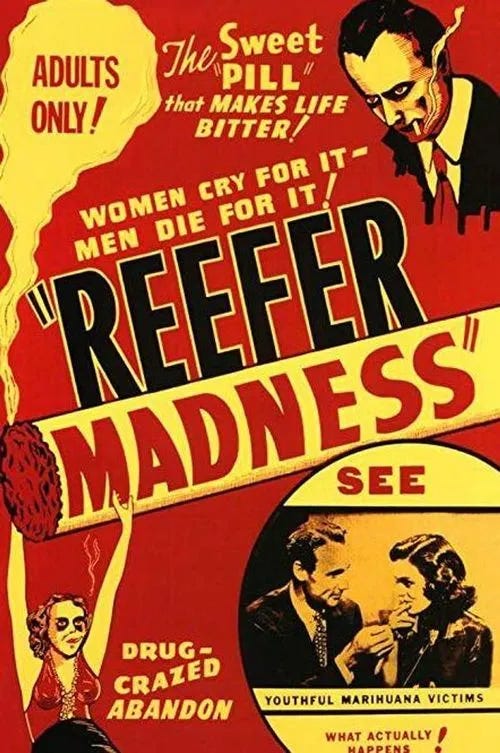
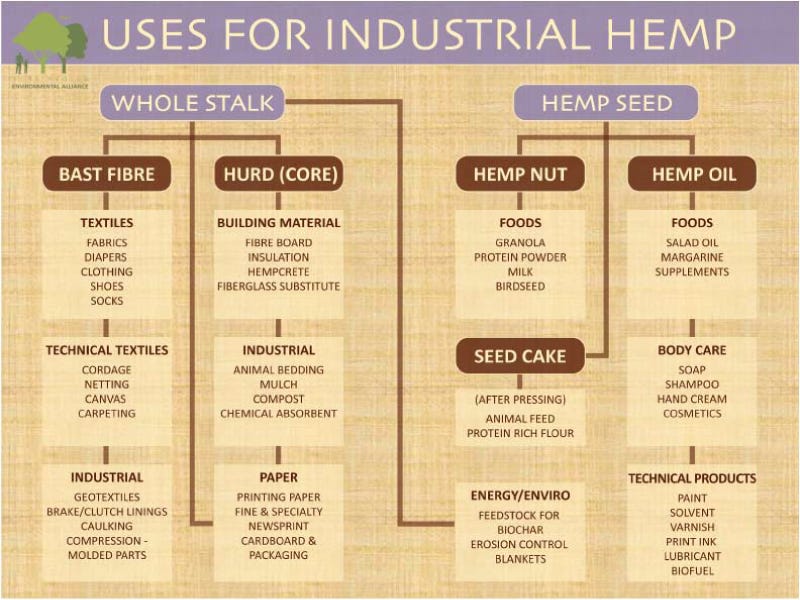
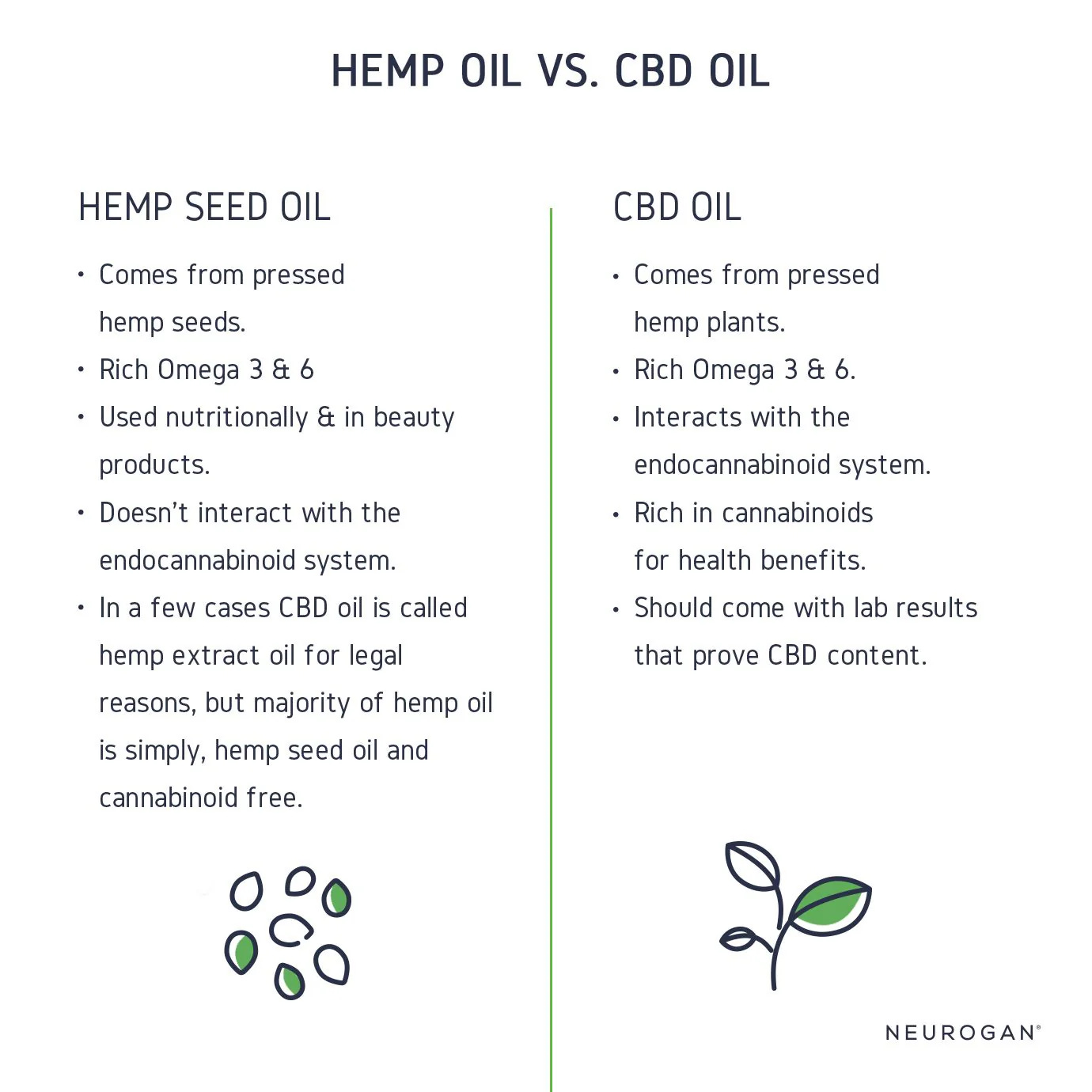
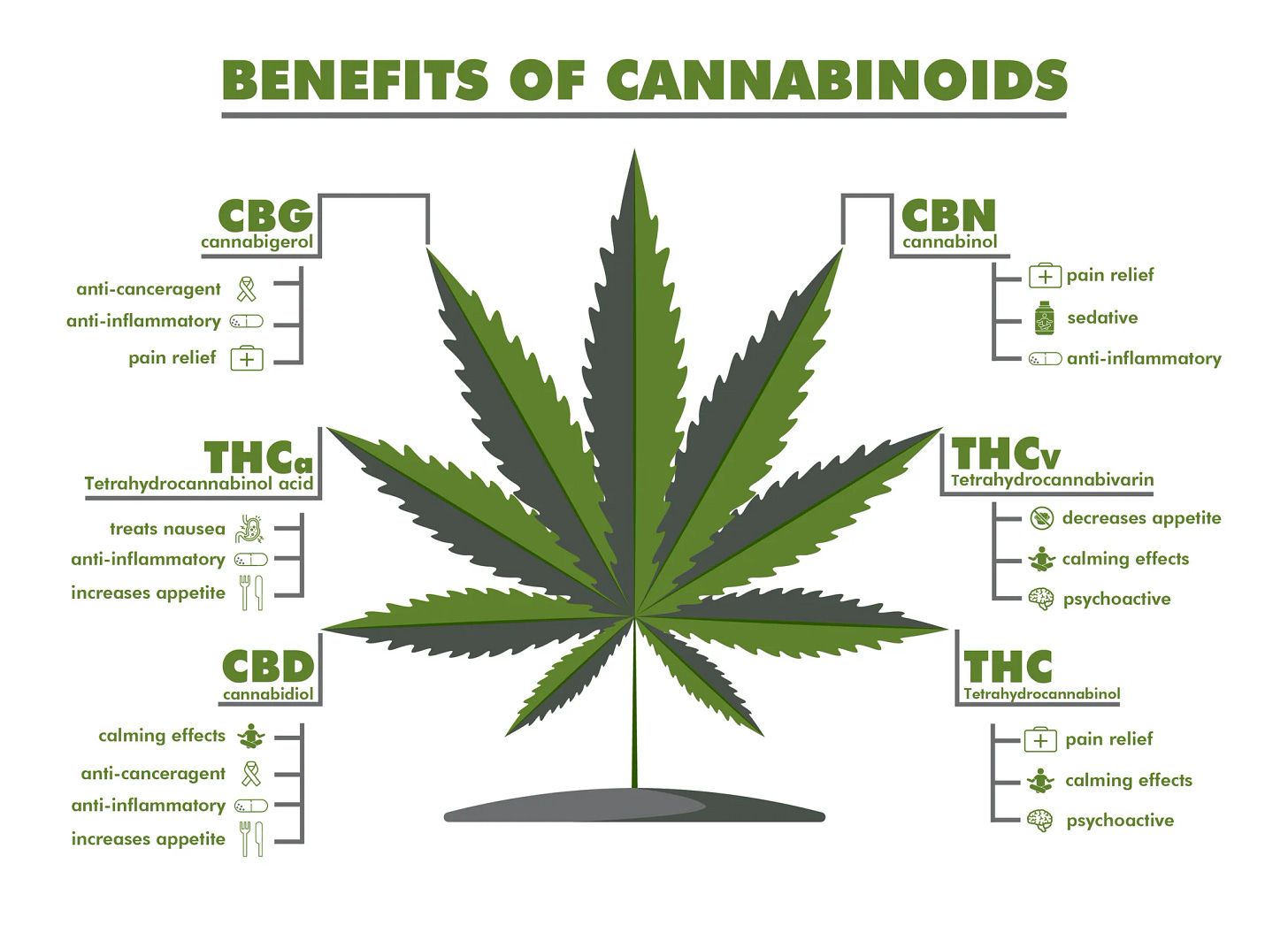






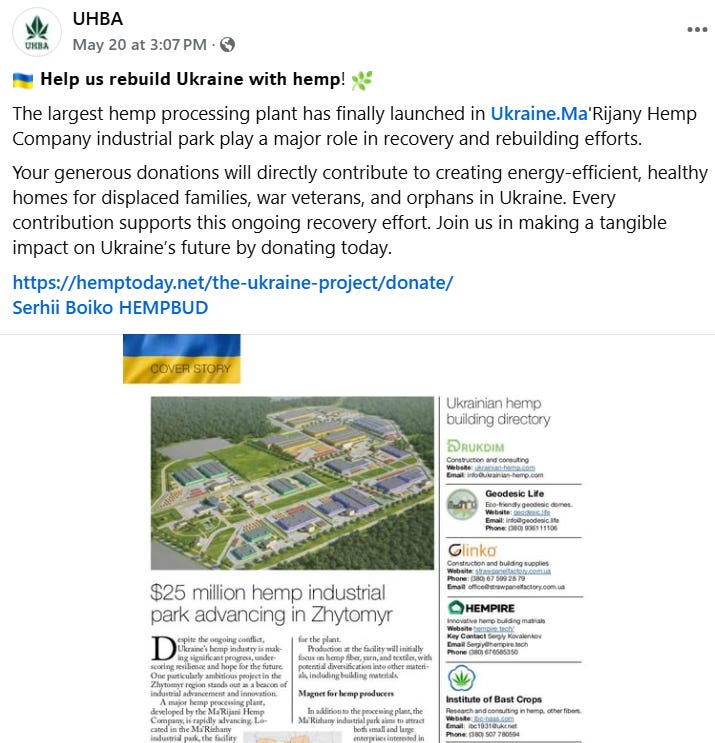



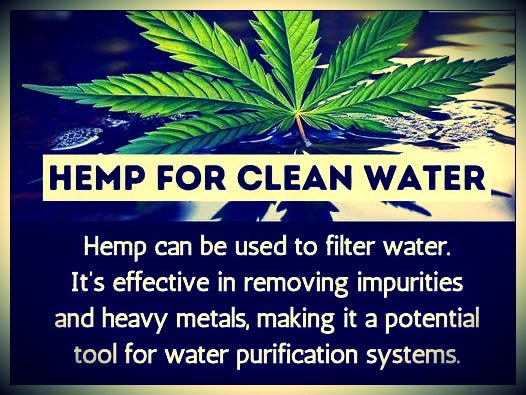
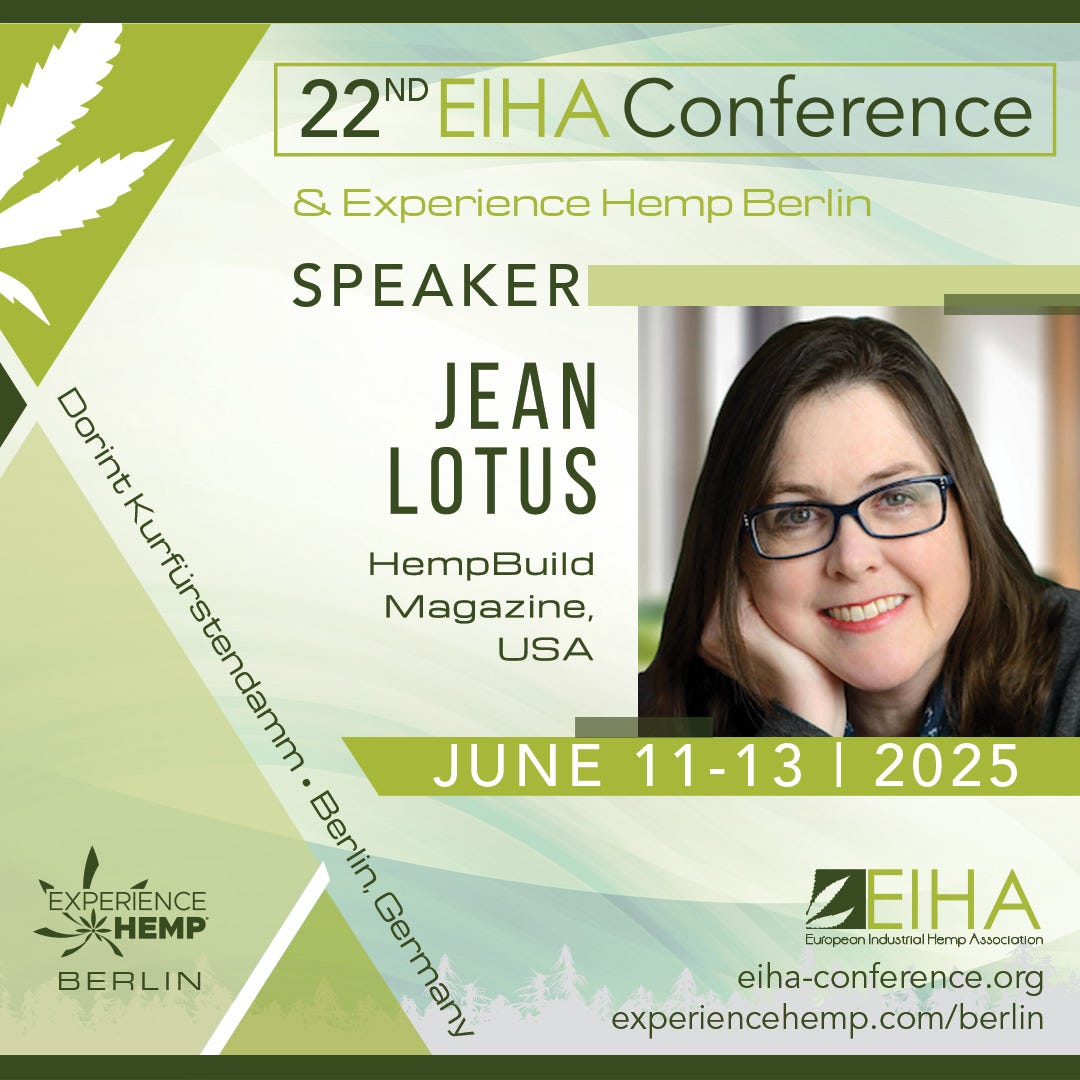





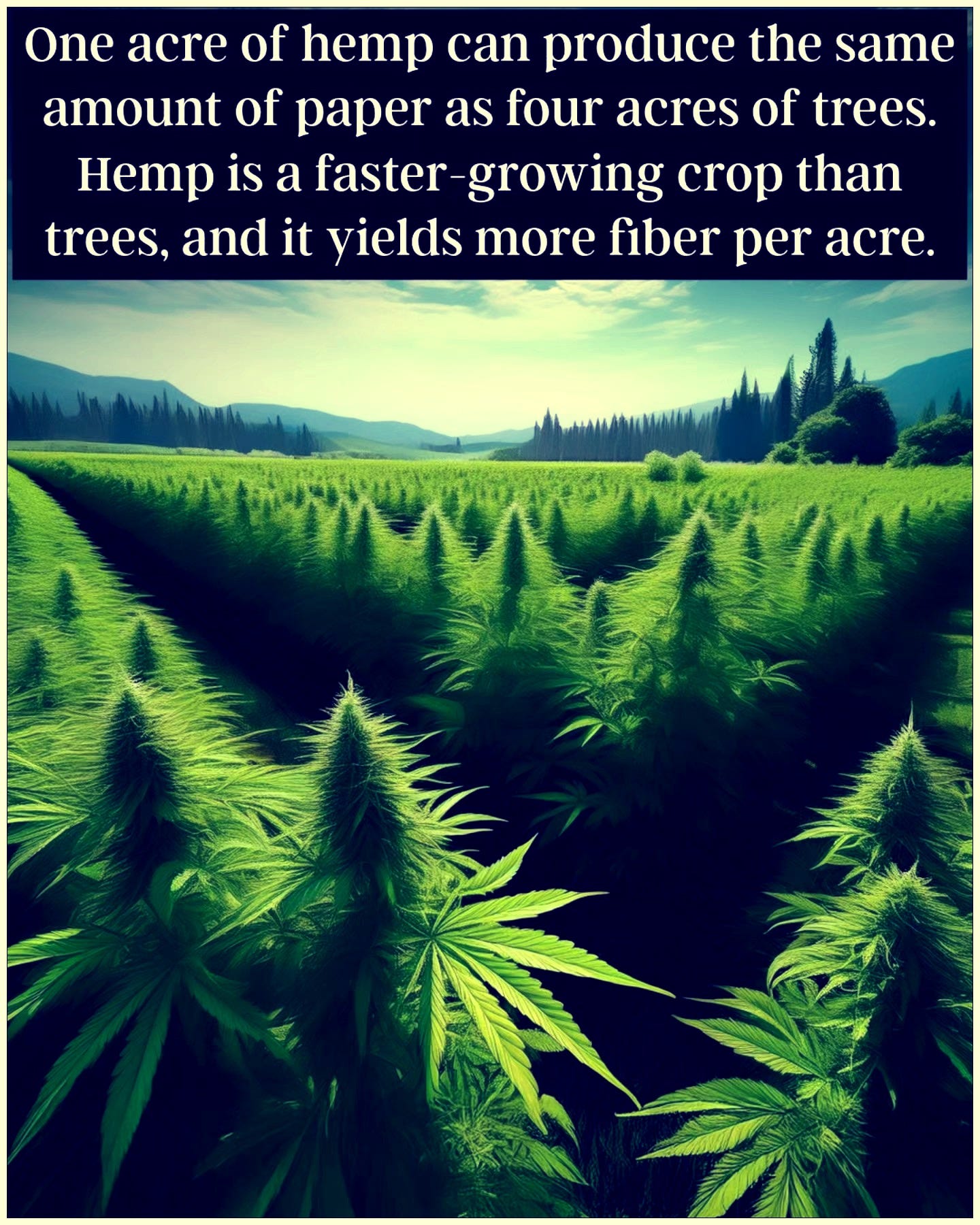


Yes ladies I totally agree. I wouldn't take medical pot even if they paid me for it. Which is exactly what they did. They offered a legal card and wanted to pay for it.
I said no way! I know that the medical stuff is laced full of crap. I've seen the results first hand from people smoking it. It's addicting and it does not heal anymore. Mary Jane is not addictive and it's a very wise healer. I've used cannabis to cure Lyme in me but I wouldn't touch that street medical pot with a ten foot pole.
my only issue is the pot nowadays that is this concentrated resin really is a threat to society. Just look at the streets in downtown Denver.